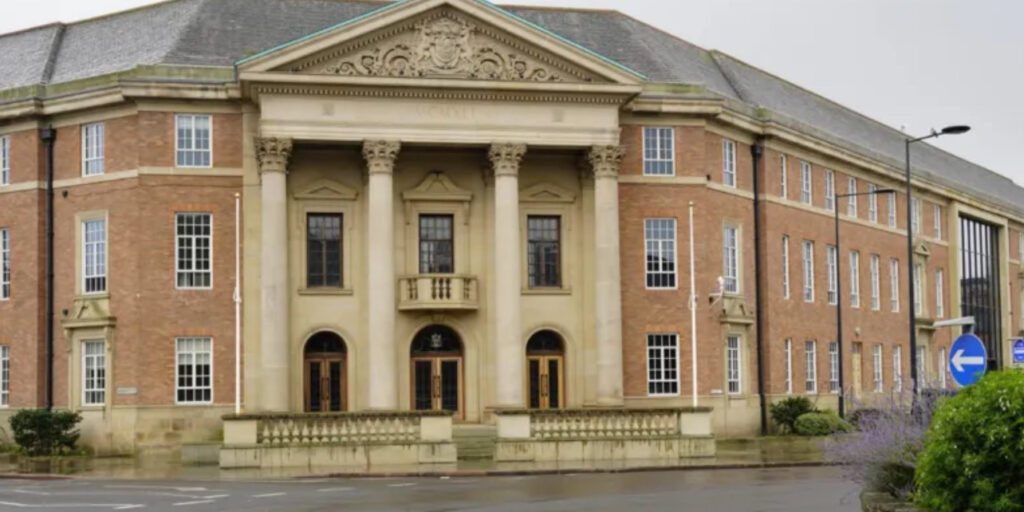Derby City Council has unveiled plans to cut over 100 jobs by April next year as part of efforts to address a £10m budget shortfall.
This financial strain adds to a growing list of challenges faced by the council.
While the majority of these positions are currently vacant, approximately 38 redundancies will be compulsory. This move is anticipated to save the council around £4m.
Council Leader Nadine Peatfield described the decision as “difficult and upsetting” but necessary to ensure the authority’s financial stability. The budget deficit, which has grown by £9m since February, now stands at £22m.
To address these challenges, the council is proposing a 4.99% increase in council tax, the highest legally permissible rate. Of this, 2% will be earmarked for social care.
Additionally, £9m will be allocated to rebuilding reserves over the coming years to meet recommended levels, which are currently below target.
The council identified growing costs in adult and children’s care services, as well as homelessness, as key factors contributing to the financial strain. Emergency accommodation costs alone are expected to leave the authority £1m over budget.
In response, the Labour-led council has backtracked on two key manifesto commitments. A proposed booking system at the Raynesway waste centre will go ahead, and free bulky waste collections will now operate under a voucher system.
However, a proposed 10% funding cut to the city’s museums has been shelved, while library services face reductions.
The council’s budget woes have been exacerbated by national issues, including the government’s policy on increased National Insurance contributions for employers, which will add over £2m to Derby’s costs.
Despite these pressures, the council plans to invest £31m in essential services, with the majority directed towards adult social care.
Steve Hassall, leader of Derby Conservatives, criticised the Labour administration for what he described as over-promising and under-delivering.
“With over 100 job losses, council tax going up by its maximum and u-turns on two key manifesto pledges… this is a disaster budget for Labour,” he said.
In addition to immediate measures, the council plans to review home-to-school transport contracts and explore the use of artificial intelligence in adult care to identify further savings.
Meanwhile, funding from the government’s £600m recovery grant, aimed at councils with low tax bases and high deprivation levels, will provide some relief.
Nadine Peatfield acknowledged the difficult circumstances, especially for staff facing redundancies during the holiday season. However, she emphasised the importance of setting a “responsible and realistic” budget to secure a more stable future for the city.
“We have protected and prioritised frontline services…people will see an improvement.”
she said.


